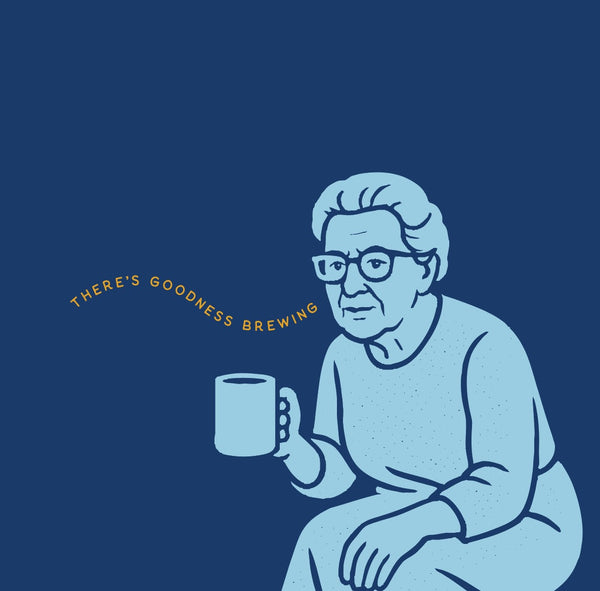
The Jewish Roots in Coffee
Coffee is more than just a beverage; it’s a cultural phenomenon with a rich and intricate history. Among its many cultural connections, the Jewish roots in coffee are particularly fascinating. From the first coffee houses in Europe to the intricate trade networks, Jewish communities have played a significant role in the development and dissemination of coffee.
The Origins of Coffee
The journey of coffee begins in the ancient coffee forests of Ethiopia. According to legend, a goat herder named Kaldi discovered the energizing effects of coffee beans when he noticed his goats becoming lively after eating the berries from a particular tree. This discovery made its way to the Arabian Peninsula, where coffee was cultivated and became a popular beverage in the Islamic world.
The Jewish Role in the Early Coffee Trade
As coffee’s popularity spread across the Arabian Peninsula, Jewish traders and merchants played a crucial role in its dissemination. Jewish communities were integral to trade networks that connected the Middle East with Europe. Their expertise in trade and commerce helped introduce coffee to new regions.
By the 16th century, coffee had reached the Ottoman Empire, where it became a staple beverage. Jewish merchants were active in the Ottoman coffee trade, helping to establish coffee as an important commodity. Their trading connections extended into Europe, paving the way for the establishment of coffee houses.
The First Coffee House in Europe: A Jewish Initiative
The first coffee house in Europe is widely credited to a Jewish man named Jacob, who opened a coffee house in Venice in 1645. This establishment marked the beginning of coffee culture in Europe. Jacob’s coffee house quickly became a popular meeting place, attracting merchants, intellectuals, and artists. It set the stage for the spread of coffee houses across Europe.
Venice, a major trading hub, was an ideal location for the first European coffee house. The city’s vibrant Jewish community was deeply involved in trade and commerce, facilitating the introduction of coffee to European markets. The success of Jacob’s coffee house inspired the opening of similar establishments in cities like London, Paris, and Vienna.
Modern Connections: Agrocafe Israel and Ten Boom Coffee
Today, the legacy of Jewish involvement in the coffee trade continues. Agrocafe Israel, a key partner of Ten Boom Coffee, exemplifies this enduring connection. Agrocafe Israel sources high-quality, organically grown coffee from farms around the world, ensuring that each cup reflects a commitment to excellence and ethical practices.
Conclusion
The Jewish roots in coffee are a testament to the enduring spirit of innovation, trade, and community. From the bustling coffee houses of 17th century Europe to the modern-day partnerships that bring us exceptional coffee, the Jewish connection to this beloved beverage is as rich and complex as the flavors in your cup. As you enjoy your next cup of Ten Boom Coffee, take a moment to appreciate the historical journey and the cultural significance that have brought this wonderful drink to your table.



